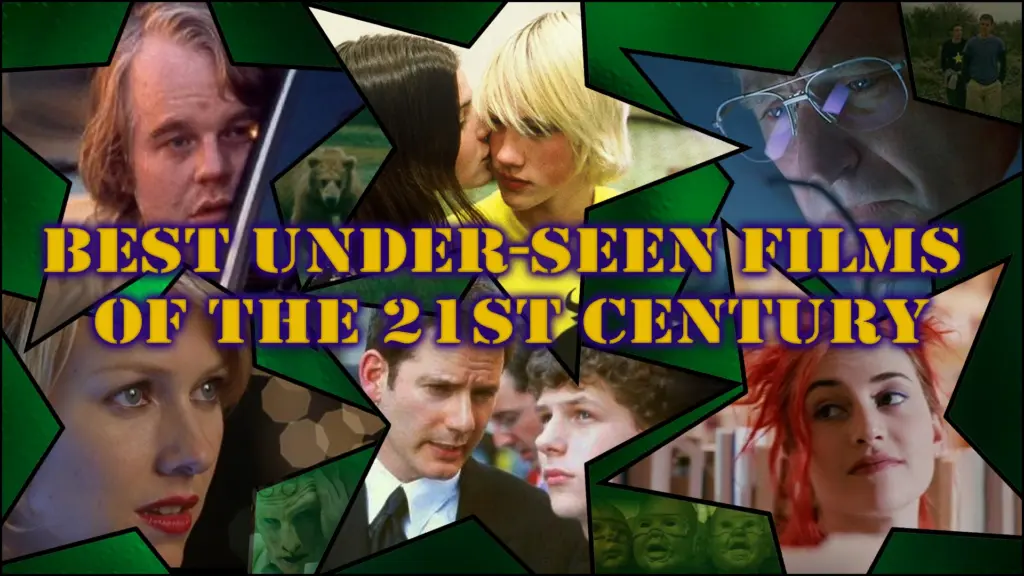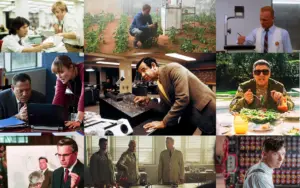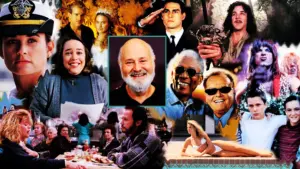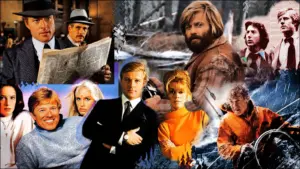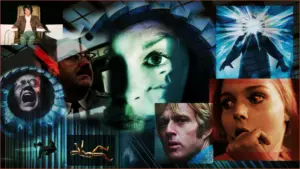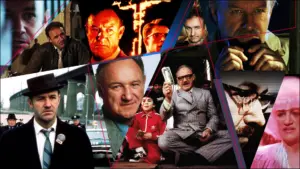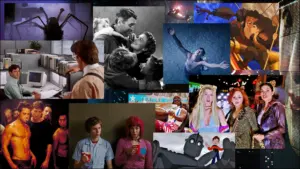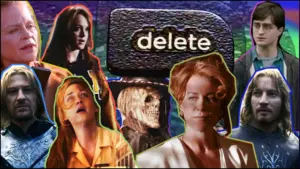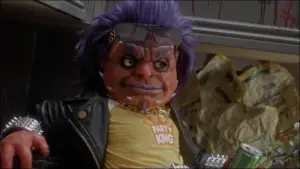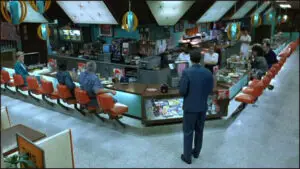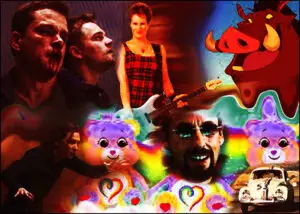[Editor’s note: James DiGiovanna, an award-winning film critic for the Tucson Weekly for much of the 2000s, has put together a list of the 21st century’s greatest films that haven’t received the attention they deserve. He selected so many recommendations, we’ve divided the list into several articles. This is part five, spanning 2001 through 2005.]
Part 5: Best Under-Seen Movies of 2001-2005

Grizzly Man (2005)
This is another one that was popular enough it doesn’t need much of a summary, but in short: man goes to live with bears, bears eat man. It’s a documentary by Werner Herzog, who now just plays parodies of himself on cartoons, but at the time made his best non-fiction film. What makes it work is something that was often missed: he narrates in his usual passive pessimist style, but, a few times, he wisely shows scenes that contradict exactly what he’s saying at that moment. I mean, ultimately, he’s right about the terrors of nature, but he’s also willing to admit he’s wrong, even if it’s only by putting in images what he can’t put in words.
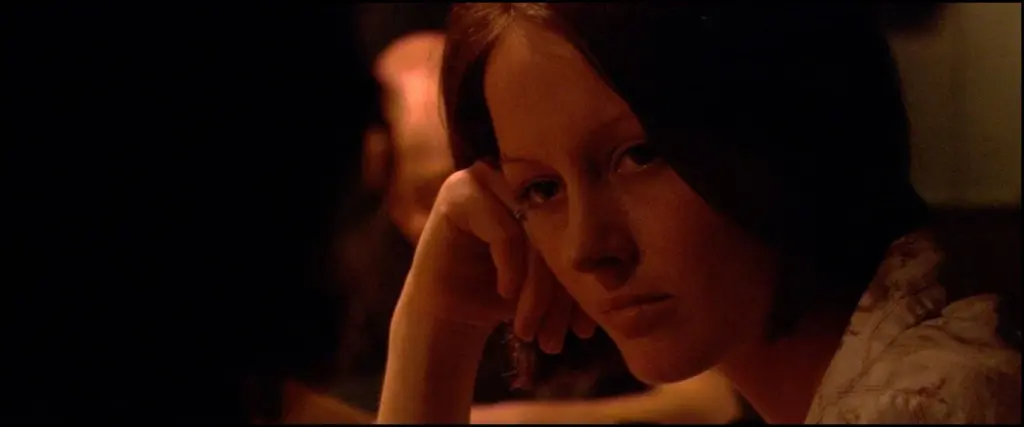
Bubble (2005)
I’m gonna quote myself here: “If I was to list my ten favorite cinematographers, number 6 would be a man who does not exist: Peter Andrews.” Andrew’s is the pseudonym Steven Soderbergh uses when he shoots his own films, and Bubble is Soderbergh’s homage to Andrews’ skill. Very little happens in Bubble but it’s riven with tension, mostly because the long, silent shots are full of doll heads, natural midwestern light, and people who are so good at acting like humans that they’re not even actors. I think a film fan would enjoy this movie even if they didn’t speak English, but then they’d miss out on the Debbie Doebereiner deriving some of the most devastating banal descriptions of evil since Dick Cheney announced his military intelligence strategy.
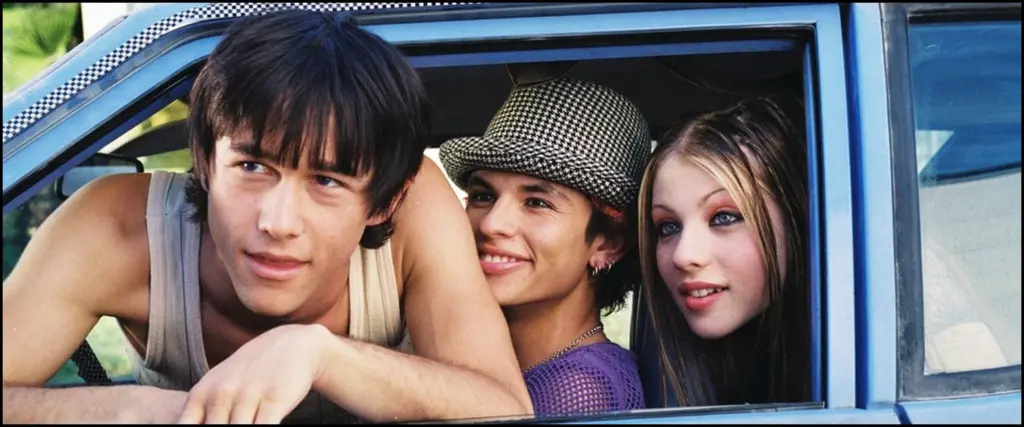
Mysterious Skin (2004)
This movie deserves the award for best cinematography of the 21st century, but DP Steve Gainer didn’t even get a nom. Probably because this is a film about a young man (Joseph Gordon-Levitt) who looks back fondly on the summer when he was sexually molested? The film is far from that stupid though, as it explores how memory is warped by self-interest, trauma and time. Neil (Gordon-Levitt) encounters Brian (Brady Corbett) who believes he was abducted by aliens, and thinks Neil may be able to help him prove it. Neil can’t, but he can explain why Brian thinks that, and it’s because something much, much worse than aliens abducted Brian.
Oversaturated colors and chunky grain make this look like the best Polaroid picture you ever found at a thrift store, and Gregg Araki’s unusually (for him at least) sensitive script turns this emotional horror movie into something heartwarming and hopeful, insofar as being dispossessed of your fantasies so you can relive a nightmare is “hopeful.”
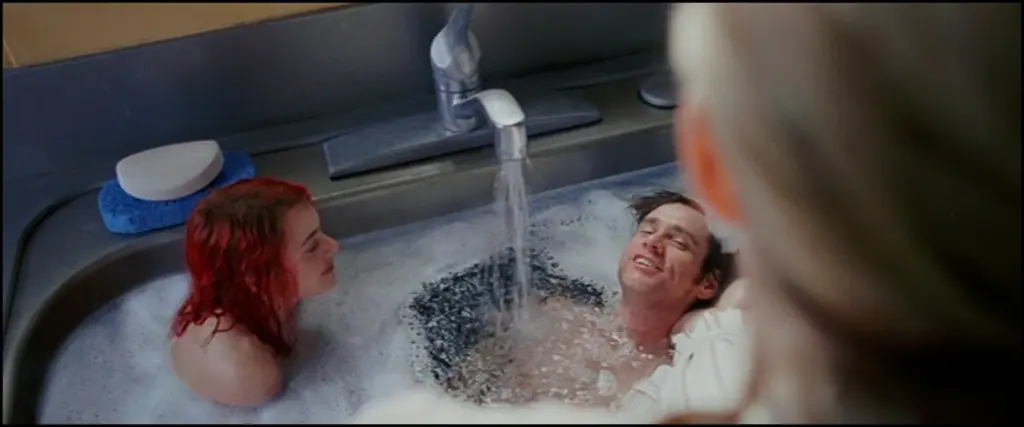
Eternal Sunshine of the Spotless Mind (2004)
Again, I know everyone saw this, but it was a real game-changer when it came out. The inventiveness and cohesion of the science fiction script opened up a lot of possibilities in cinema. This was writer Charlie Kaufman’s fourth film since Being John Malkovich, and all of them were at least good. But in this one, instead of making the zany idea the center of the story, the zany idea made the story, about toxic love and the need to forget and remember, possible. I think Kaufman peaked here, but the influence of this film on smaller filmmakers made possible movies like Coherence and The One I Love and Another Earth.
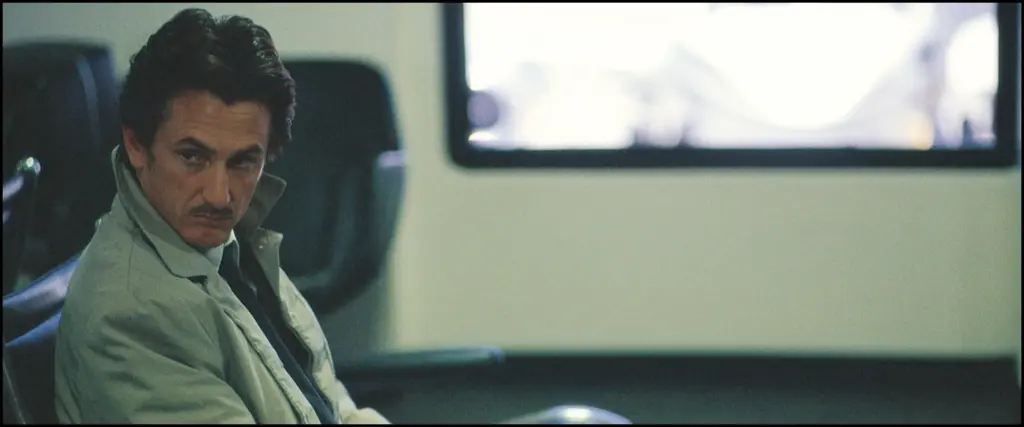
Assassination of Richard Nixon (2004)
Sure, Sean Penn is a notorious asshole, but he’s also a great actor (and director, but his best film in that capacity was 1991’s The Indian Runner.) He’s in top form here as a business guy who somehow thinks Richard Nixon is responsible for all his problems. If you can’t figure out how he hopes to solve that, check out the title of the film. Also, it’s a true story, so you know if he succeeds or not. Which means the story has to work by virtue of each moment being precisely filmed and scripted, instead of waiting for the big reveal where it turns out Richard Nixon is a space alien who wants to abort all our American fetuses so he can destroy the difference between male and email.
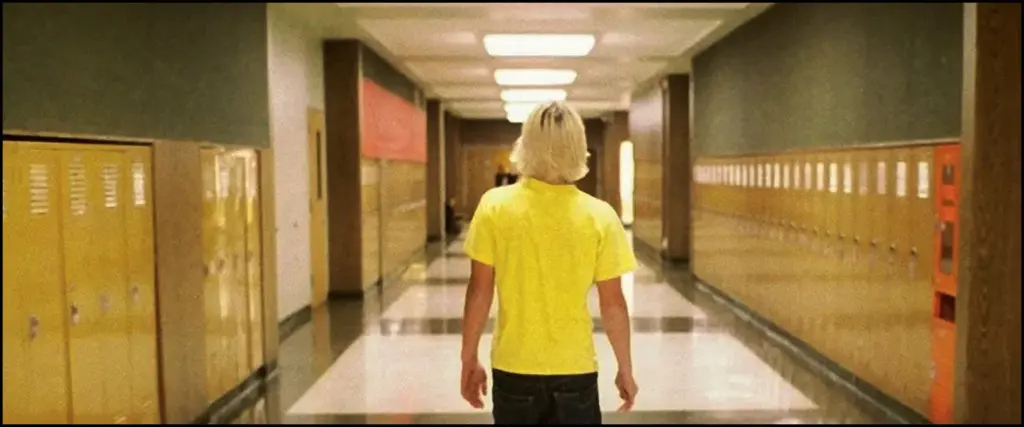
Elephant (2003)
Gus Van Sant got a lot of heat for including a gratuitous sex scene in a movie loosely based on the Columbine murders. I should say, for including a gay sex scene, because I doubt anyone would have cared if he made up and inserted a straight sex scene. And you know what? It is a gratuitous sex scene that doesn’t add much to the story (it adds a tiny bit) but the movie is still chilling.
Van Sant really gets how to create a kind of alienating interiority with very little dialogue. You don’t exactly get into the minds of the killers, but you you see how their minds come out in all of their tiny and terrifying actions. Of course, it’s shot as beautifully as all his films, and he never revels in gore. He just leads us through the most horrible day in the lives of hundreds of people without ever telling us how to feel about it, because, you know what? I think we know how to feel about it.

One Hour Photo (2002)
When Robin Williams died the world lost one of its most affecting film actors. In One Hour Photo he gives a seething performance as a loner who falls in love with a family. Not in a sex-pest way. More in a, I don’t know, “adopt me!” kind of way? He makes that as eerie as possible with a riveting stare that’s magnified by cinematographer Jeff Cronenweth’s ability to capture the depths of resentment without giving up on all the primary colors and superficial cheeriness of suburbia.
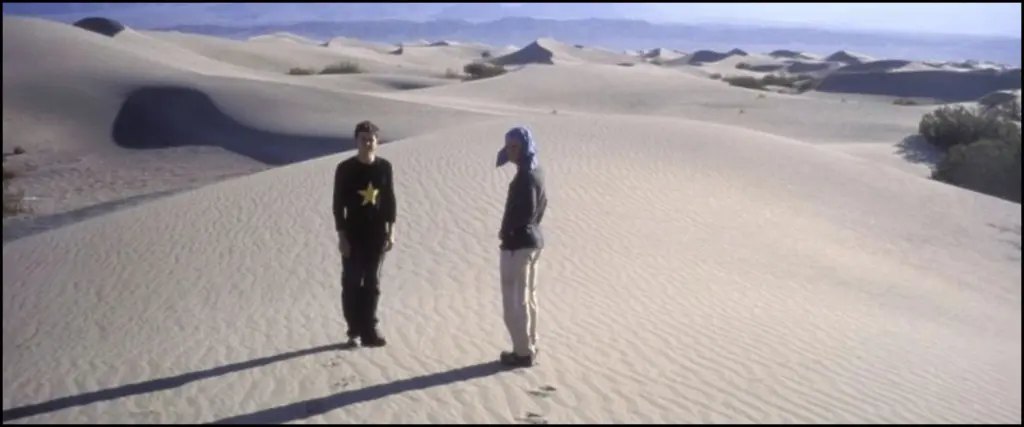
Gerry (2002)
I got hate mail for giving this a good review when it came out. I get that. Most people don’t want to watch a film that includes long sequences of two twenty-something dudes walking silently through the desert. But get this: as they walk, their steps act like two metronomes that are slightly out of sync. Very slowly, they drift so they seem perfectly in sync, and then, equally slowly, drift back out. It’s like the visual analogue of an early Steve Reich piece. Just, like, I dunno, take some ADHD medicine and go see this. It’s gorgeous.
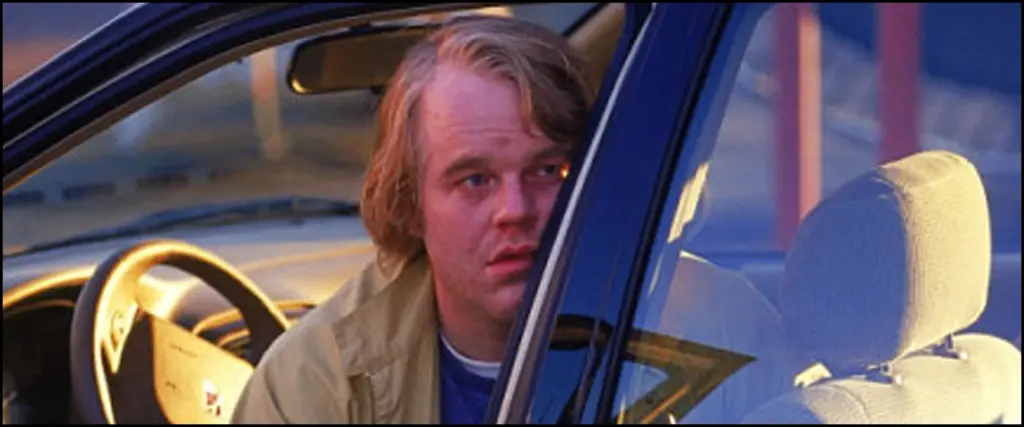
Love Liza (2002)
Philip Seymour Hoffman was undoubtedly one of the greatest film actors of all time, and definitely in the running for best actor of the 21st century. This is, by far, his best performance. The sad and subtle script by Mark Romanek allows him to create the numbing desperation of his attempts to reduce and dodge the grief of losing his wife to suicide, and the story points are sparklingly original. Like, how many movies have you seen where a middle aged tech worker passively accepts the recurring company of teenage gas-huffers? I’ve seen exactly one. This one.
>>> Read this author’s 2004 interview with Philip Seymour Hoffman.
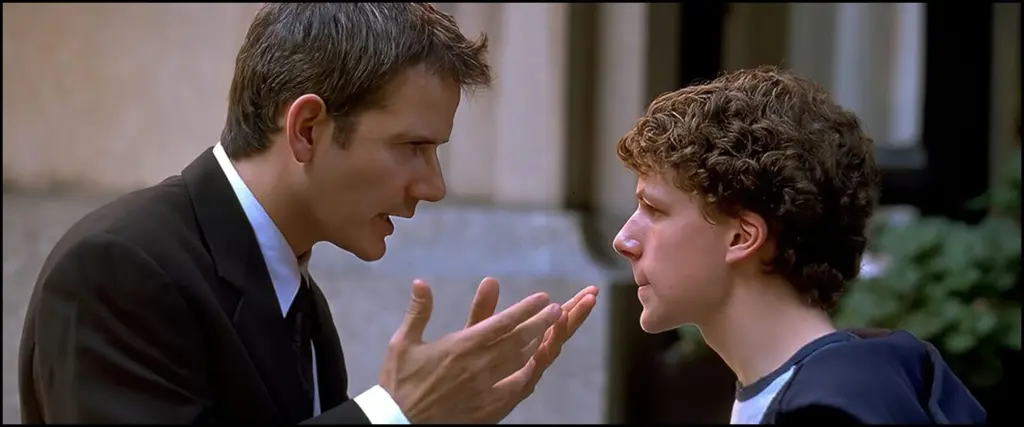
Roger Dodger (2002)
I worry that we may have fewer and fewer films and stories about despicable characters. People don’t like them, and it’s easy to mistake the characters awful behavior for an author’s advocacy of such behavior. I think that’s why most people think Fight Club is about how cool Tyler Durden is and not, as it clearly is, about a gay man inventing a parodic masculine avatar so he can avoid and secretly indulge in his repressed homosexuality.
Roger Dodger stars Campbell Scott who nails it as a fundamentally flawed and angry man on the night his girlfriend/boss dumps him. Unfortunately, his nephew (a young Jesse Eisenberg) comes to see him that evening hoping to pick up his uncle’s tips on getting laid. Instead, Roger takes him on a tour of his demented psyche as he drags him from bar to whorehouse to party, horrifying the young nephew and revealing exactly why pick-up artists are neither artists nor, ever, very happy.
Great punch ending as you see Roger recovered from his rage and stopping to give some actually human advice to his nephew and friends. It may not be good advice, but it proves that being horrible is, at least part, situational, something no films except that documentary about the Milgram experiment really seems to understand.
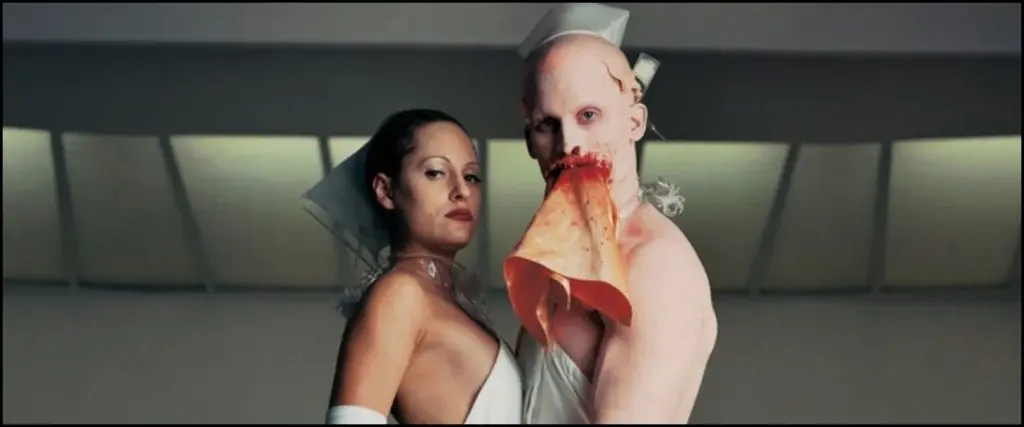
Cremaster 3 (2002)
Really, all of the Cremaster films together should be on this list, but of the 5, only Cremaster 3 came out in the 21st century. It’s impossible to describe the film, but it includes hardcore bands playing in the spiraling rotunda of the Guggenheim museum as artist Richard Serra sends molten Vaseline down a long chute while a man who’s bleeding from the mouth climbs the dizzying interior of the building. That’s not the plot or anything, but it’s roughly what the movie is about. Like, a man fill an elevator with cement and then he swallows his teeth and nobody says anything. I think we can all relate to that.
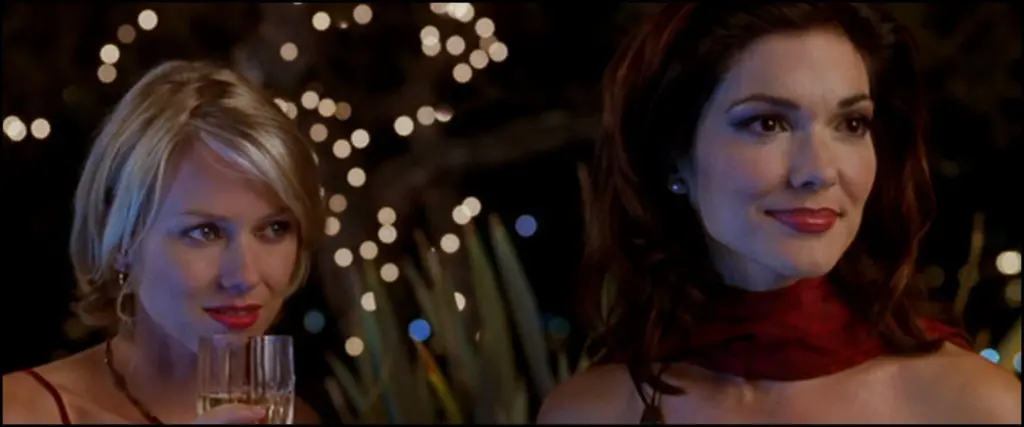
Mulholland Drive (2001)
In his previous film, Lost Highway, David Lynch tried an interesting experiment: he wrote a cogent script, and then edited scenes out of it until it was very hard to make sense of. The story was there, but it would require at least a couple watching and maybe a clue to get it. Mulholland Drive works similarly, but all the pieces are, ultimately, there. It’s just for the first half of the film you don’t know that you’re watching something that only one character in the second half of the film believes or wishes were true.
Halfway through, there’s what seems like a gratuitous sex scene, but it turns out that scene is the only way to make sense of the hour or so of film on either side of it. It’s in some ways the least gratuitous sex scene ever. Or maybe he just really wanted to film that sex scene so he wrote a brilliant script with nearly two and half hours of perfectly shot, utterly tense noir-esque weirdness to justify it. If so: kudos. No horndog has ever made a better movie just to film two naked women doing that thing that naked people do.
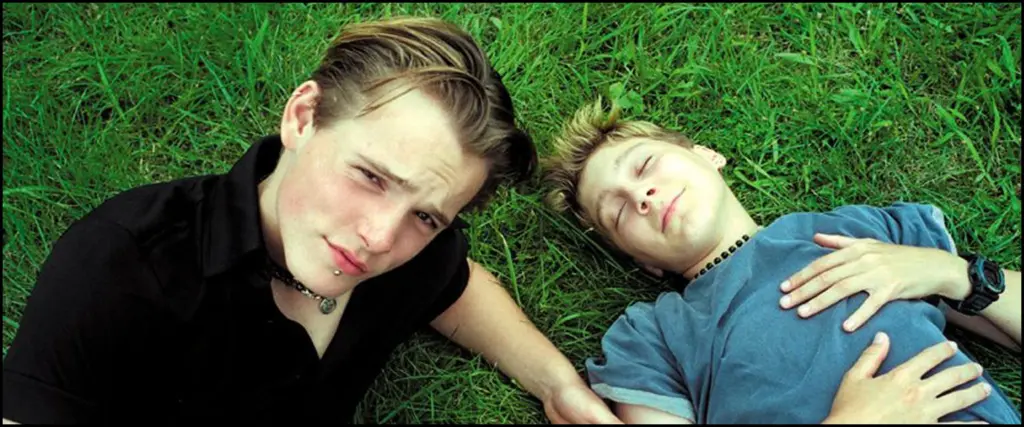
L.I.E. (2001)
This is a “difficult” film. It features a somewhat sympathetic portrayal of a pedophile, includes intimations of incest and scenes of teenage prostitutes and violent child abuse. I mean, don’t take your 8-year-old to see this. It would be bad. But it’s also not an endorsement of any of the horrors it shows, a distinction that’s hard to explain to some moviegoers who see anything like this as an attack on, I dunno, the American flag and sensible underwear or something. It is an incredibly sensitive exploration of horrible childhoods, the occasional tenderness of egregiously amoral people, and the limited capacity of youth to either understand what’s happening or what they’re doing about it.
Great performances by Brian Cox and, in his first role, Paul Dano. The “L.I.E.,” for those of you not in the northeastern megalopolis, is the Long Island Expressway, a congested hellscape that connects New York City to the parts of suburban Long Island that are best known as the inspiration for The Great Gatsby, Fran Drescher’s accent, generic post-WWII suburban architecture and absurdly big 80s hair. So it’s kind of like if you took all of that and put it in a pair of ragged, irredeemably stained white jockey shorts.
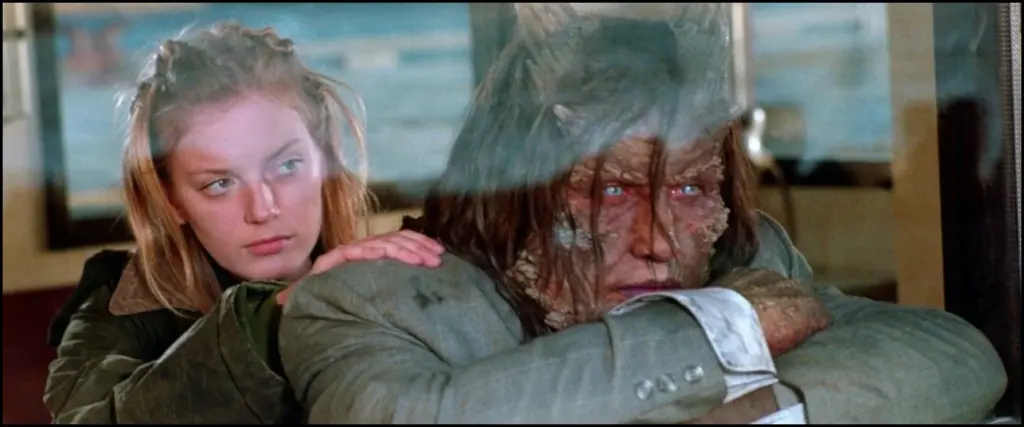
No Such Thing (2001)
Hal Hartley is one of my favorite directors, but most of his best work was in the 1990s. No Such Thing didn’t get the same level of critical adoration that his Unbelievable Truth, Simple Men, and Henry Fool got, but I think it’s still one of his best. Sarah Polley plays a post-everything version of Beauty and Robert John Burke is The Beast. Much more bewitching than the Disney film, this is like if Jean Cocteau decided to remake his version but lost the script and then just scribbled it into the margins of Lost Weekend, Citizen Kane, My Dinner with Andre and the deleted episode of Sponge Bob where Patrick kills a bunch of reporters and then falls in love with David Bowie.

